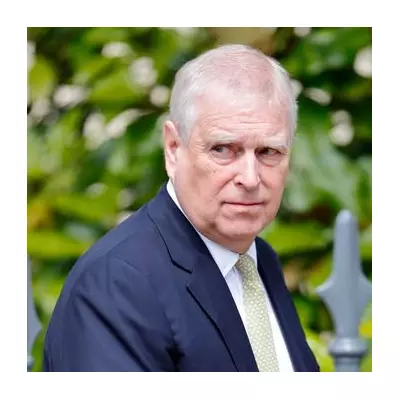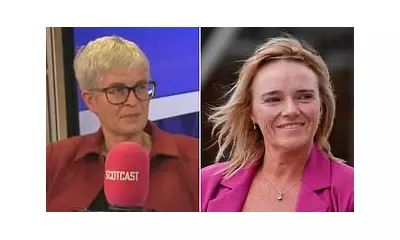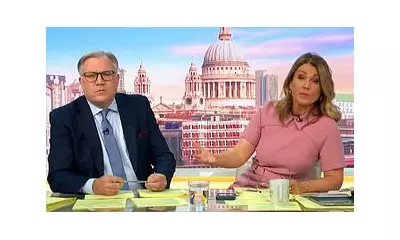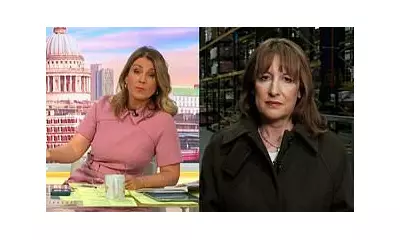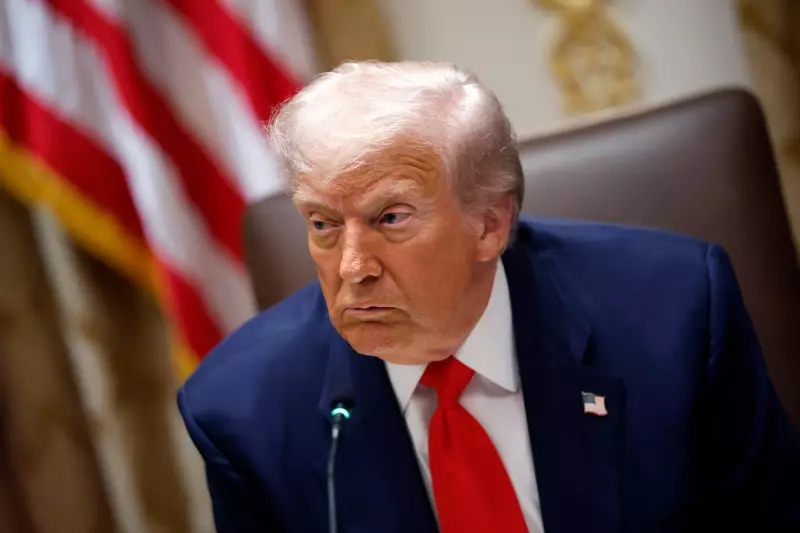
In a stunning revelation that has sent shockwaves through diplomatic circles, former US President Donald Trump reportedly authorised a series of clandestine CIA operations aimed at destabilising Venezuelan leader Nicolás Maduro's government during his final weeks in the White House.
The Covert Campaign
According to intelligence sources, Trump greenlit multiple covert action programmes designed to undermine Maduro's authoritarian regime. These operations represented a significant escalation in America's longstanding campaign against the Venezuelan government, moving beyond sanctions and diplomatic pressure into more direct intervention.
The timing of these authorisations, coming during the transition period before President Joe Biden's inauguration, has raised eyebrows among national security experts. Such last-minute approvals of sensitive operations are unusual and suggest a rushed attempt to cement Trump's foreign policy legacy in Latin America.
Historical Context of US-Venezuela Relations
Washington's opposition to Maduro's government is nothing new. The United States has recognised opposition leader Juan Guaidó as Venezuela's legitimate president since 2019 and has implemented extensive economic sanctions against Maduro's administration.
However, these newly revealed covert operations represent a dramatic intensification of US efforts to remove Maduro from power. The methods and specific targets of these CIA programmes remain classified, but they likely included:
- Psychological operations and propaganda campaigns
- Support for opposition groups and figures
- Intelligence gathering on regime vulnerabilities
- Economic pressure tactics beyond public sanctions
International Reactions and Implications
The disclosure of these covert operations comes at a delicate time for Venezuela, which continues to grapple with hyperinflation, mass migration, and political instability. Maduro's government has long accused the United States of plotting regime change, and these revelations appear to validate those claims.
Regional powers and international organisations are likely to scrutinise these developments closely, particularly given Latin America's historical sensitivity to US intervention in the region. The Biden administration now faces the challenge of deciding whether to continue, modify, or terminate these Trump-era operations.
As Venezuela's economic and humanitarian crisis deepens, the revelation of these covert actions adds another layer of complexity to international efforts to resolve the country's political stalemate and address the suffering of its people.


